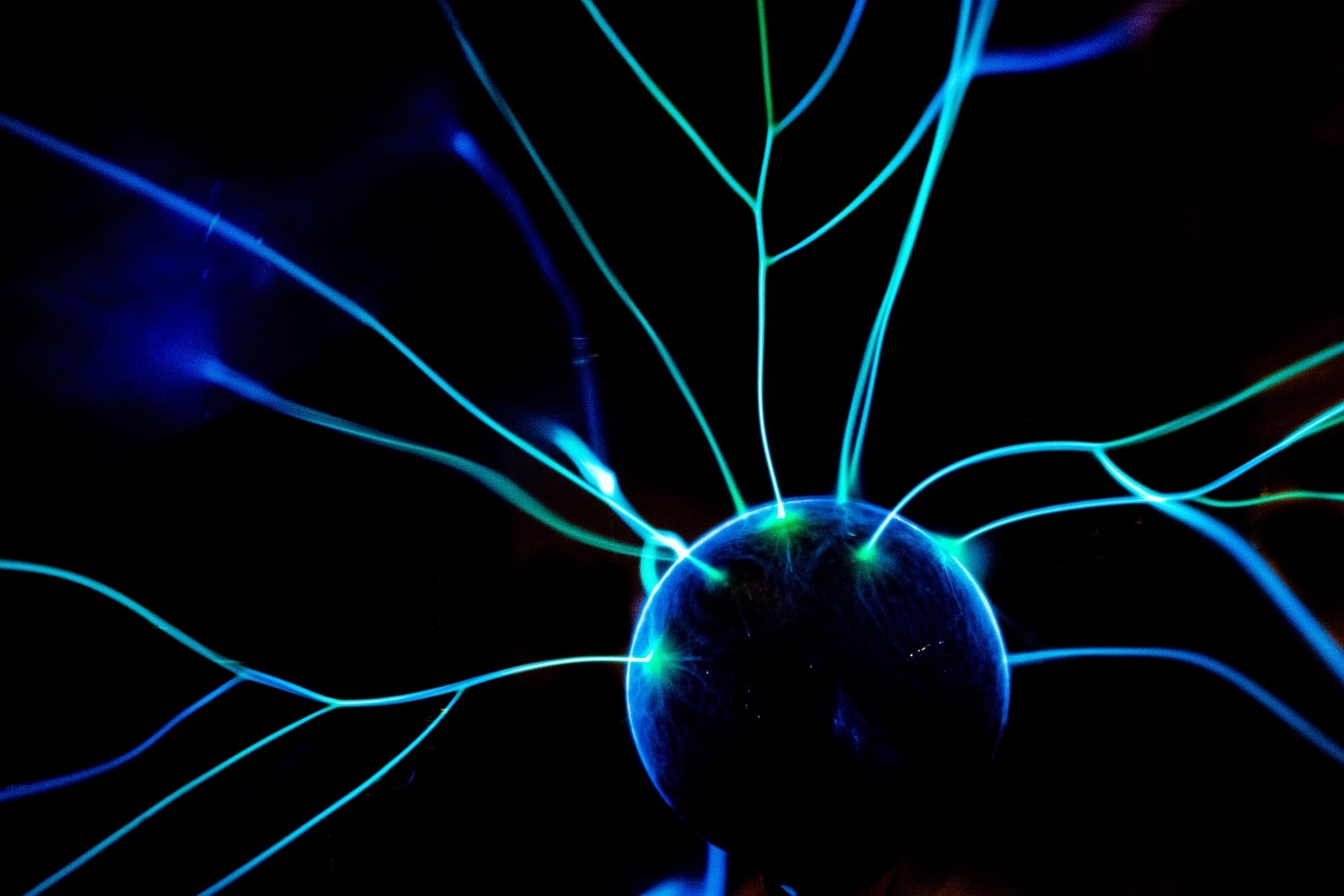Breathwork and DMT

Breathwork and the Natural Production of DMT: Unlocking the Power Within
Breathwork, an ancient practice of conscious control over breathing, has been gaining popularity in recent times for its remarkable benefits on physical, emotional, and spiritual well-being. This therapeutic technique has been linked to the natural production of DMT (dimethyltryptamine), a potent psychoactive compound found within the human body, plants, and animals. Understanding how breathwork facilitates the release of DMT sheds light on its potential uses and the multiple benefits that it can offer.
What is DMT and How Does Breathwork Trigger Its Release?
DMT, often referred to as the "spirit molecule," is a neurotransmitter believed to be produced by the pineal gland in the brain. It plays a crucial role in various spiritual experiences, dreams, and altered states of consciousness. Remarkably, breathwork has been shown to stimulate the release of endogenous DMT in the brain.
Through deep and controlled breathing techniques, such as Holotropic Breathwork or Pranayama, individuals can induce a state of hyper-oxygenation and alkalosis. This alters the pH balance and triggers the release of DMT from the pineal gland. The ensuing psychedelic experiences can be intensely profound and mystical.
Utilising DMT through Breathwork for Spiritual Growth
When harnessed intentionally, breathwork-induced DMT experiences can facilitate deep introspection, spiritual insights, and transformative journeys. Many practitioners report feelings of interconnectedness, expanded consciousness, and a dissolution of ego boundaries during these altered states. Such experiences can lead to a greater sense of purpose, enhanced self-awareness, and a stronger connection to the universe.
Benefits of Breathwork and DMT
Beyond spiritual growth, breathwork and DMT can offer a myriad of psychological and physiological advantages. This includes stress reduction, anxiety relief, and improved emotional regulation. The release of endorphins during breathwork can promote feelings of euphoria and relaxation, aiding in combating depression and promoting overall mental well-being.
On a physical level, breathwork can enhance cardiovascular health, increase lung capacity, and boost the immune system. Additionally, the altered states of consciousness induced by DMT may assist in processing unresolved traumas, leading to emotional healing and personal growth.
Conclusion
Breathwork and the natural production of DMT present a fascinating interplay between our breath, consciousness, and the inner workings of the mind. Embracing this practice can offer profound experiences of self-discovery, spiritual growth, and holistic well-being. However, it's essential to approach breathwork and any psychoactive practices with respect, caution, and under the guidance of experienced facilitators, ensuring safe and beneficial exploration of this captivating realm within ourselves.